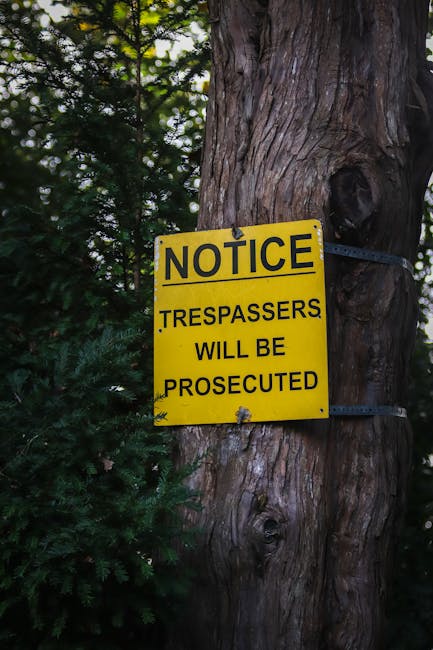
The Role of State Regulations in Polygraph Examiner Certification
The field of polygraph examination is both fascinating and complex. As a tool for truth verification, the polygraph has been utilized in various sectors, from criminal investigations to employment screenings. However, becoming a certified polygraph examiner is not a straightforward process. State regulations play a pivotal role in shaping the certification standards and practices. This blog post explores the intricate landscape of state regulations in polygraph examiner certification, offering insights and actionable tips for aspiring examiners.
Understanding Polygraph Examination
Before delving into the regulatory frameworks, it’s crucial to grasp what polygraph examination entails. A polygraph, commonly known as a lie detector, measures physiological responses such as heart rate, blood pressure, and respiration while the subject answers a series of questions. These physiological responses are then analyzed to determine whether the subject is being truthful.
The Importance of Certification
Certification is vital for polygraph examiners to ensure that they meet the highest standards of professionalism and accuracy. A certified examiner is more likely to produce reliable results, which is critical in sensitive scenarios like court cases. According to the American Polygraph Association, certified examiners are bound by a strict code of ethics, which helps maintain the integrity of the profession.
The Role of State Regulations
State regulations significantly influence the certification process for polygraph examiners. These regulations can vary widely across states, impacting everything from educational requirements to licensing fees. Understanding these regulations is essential for anyone looking to enter the profession.
Variability in State Requirements
Each state has its own set of rules governing polygraph examiner certification. For instance, some states require examiners to complete a state-approved training program, while others necessitate passing a comprehensive examination. In Texas, for example, polygraph examiners must complete at least 200 hours of practical polygraph training, whereas in Florida, examiners are required to have completed a bachelor’s degree in addition to their polygraph training.
Licensing and Continuing Education
Obtaining a license is often a mandatory step for polygraph examiners, and maintaining this license typically involves completing continuing education units (CEUs) periodically. This ensures that examiners stay updated with the latest advancements and ethical standards in the field. According to the American Association of Police Polygraphists, continuing education is crucial for maintaining the credibility and accuracy of polygraph examinations.
Statistics on Polygraph Examiner Certification
According to recent data, the demand for certified polygraph examiners has increased by approximately 15% over the past decade. This surge can be attributed to the growing reliance on polygraph tests in both public and private sectors. However, only about 60% of applicants successfully meet the certification requirements, highlighting the stringent nature of the process.
Actionable Tips for Aspiring Polygraph Examiners
For those interested in becoming certified polygraph examiners, here are some actionable tips to navigate the state regulations effectively:
1. Research State-Specific Requirements
Start by researching the specific requirements in your state. Visit the official state licensing board’s website to gather information on educational prerequisites, examination processes, and licensing fees. This will help you understand what is expected and prepare accordingly.
2. Enroll in Accredited Training Programs
Ensure that the training programs you choose are accredited by recognized bodies such as the American Polygraph Association. Accredited programs provide the necessary skills and knowledge to meet state standards and enhance your credibility as an examiner.
3. Prepare for the Licensing Examination
Thorough preparation is key to passing the licensing examination. Consider enrolling in preparatory courses or study groups to enhance your understanding of the material. Practice with mock exams to build your confidence and improve your test-taking skills.
4. Prioritize Continuing Education
Once certified, prioritize continuing education to stay abreast of new developments in polygraph technology and ethics. Participate in workshops, seminars, and online courses to fulfill CEU requirements and enhance your expertise.
Conclusion
The role of state regulations in polygraph examiner certification is undeniably significant. These regulations ensure that examiners are well-trained, ethical, and capable of conducting accurate examinations. Understanding and adhering to these regulations is essential for anyone aspiring to become a certified polygraph examiner. By following the actionable tips provided, you can navigate the certification process with confidence and contribute to the integrity of this vital profession.
